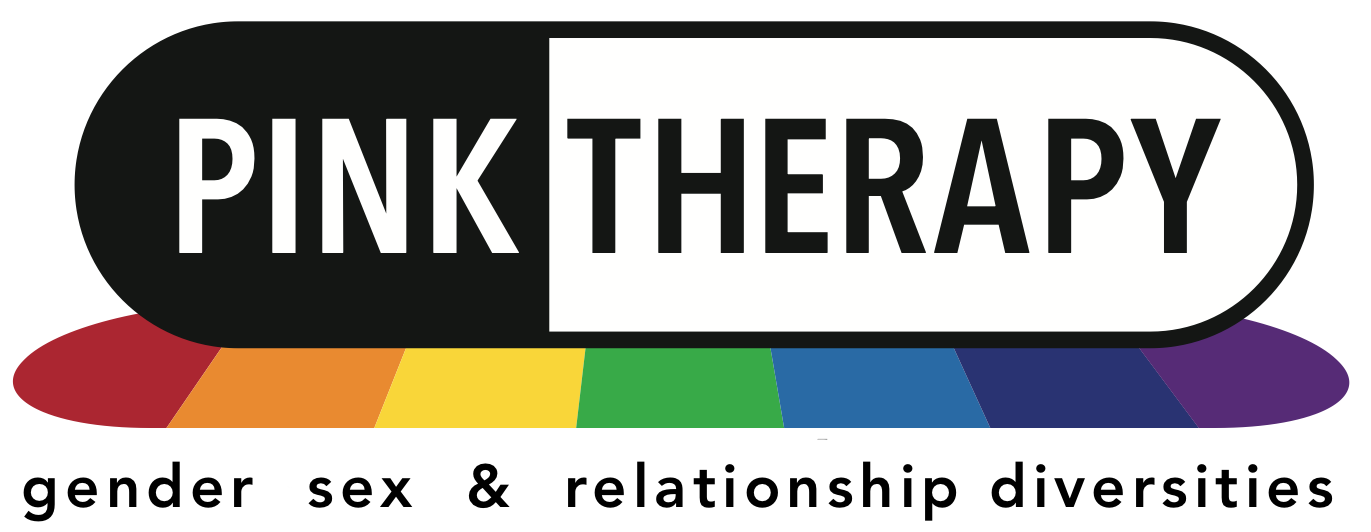I recently delivered a training day on working with erotic transference and counter-transference. I must confess that teaching is one of the ways in which I learn best. I research the subject, sometimes masochistically, torturing myself about not knowing enough thus reading even more. When in fact I reflect and process the material over and over and over… And keep this reflection alive in me when supporting supervisees or working with clients. Then eventually I reflect some more to come up with my own understanding and my own experience. I gain further learning by hearing the students’ reflections on the material. This time what came up strongly was around therapists’ self care.
I find the subject of erotic transference to be a vast one: it encompasses so many aspects of human relationships like love, intimacy, attachment, attraction, choice of partners, sexuality and of course SEX. Yes sex, a subject that appears to still be the great taboo in our generic counselling and psychotherapy training. Of course there is a lot written about it, not a lot talked about and even less taught. Erotic transference and counter-transference can be unique means to work at depth with the therapeutic relationship, a delicate work of accepting the invitation for intimacy without shaming or acting out and working within safe boundaries.
When considering the many dynamics of erotic and sexual feelings in the therapy room, it occurs to me that erotic counter-transference can be happening if we, therapists have not been listening to our sexual needs and attended to them in our private life. It can be very difficult and demanding for therapists to hear the sexual exploits, joys, hopes and/or distresses of clients, for all these can resonate and interface with the therapist’s own erotic world. This is why, in the various training events I facilitate, I invite my students (often very qualified therapists) to explore their own sexuality and relationship with sex. But let’s not kid ourselves, this work can be a long and slow process that includes exploring our shadow and other uncomfortable territories. I find this work on self essential in order to be aware of our erotic templates, core themes, fantasies, desires and needs. Of course, some of it can be looked at in therapy, couple or relationship therapy and possibly supervision. I therefore raise the question and pose that the sexual part of our selves needs to be nurtured as well as nourished. Without this we will risk addressing our needs within our consulting rooms and getting our own sexual gratification via the client’s material or transference (sometimes outside of our awareness) and THAT is unethical.
So here it is: as part of our self care, do we have an ethical duty to be sexually ‘fulfilled’ in our private lives so we can be safer when exploring (amongst other subjects) the erotic in the consulting room?
PS: This thoughts may appear to be irrelevant to certain asexual, demi-sexual or post sexual therapists on a personal level, yet be useful in their supervisory capacity.
Olivier Cormier-Otaño mBACP Accred
Counsellor, Psychosexual therapist and Supervisor
olivier.counselling@hotmail.com
